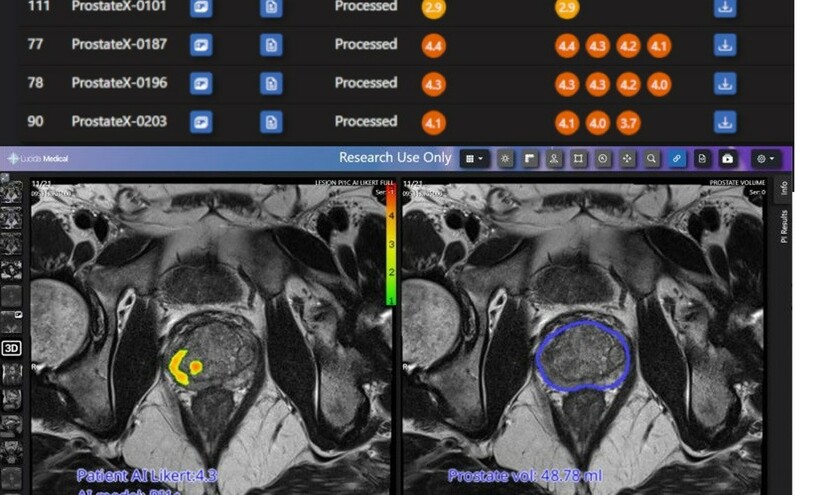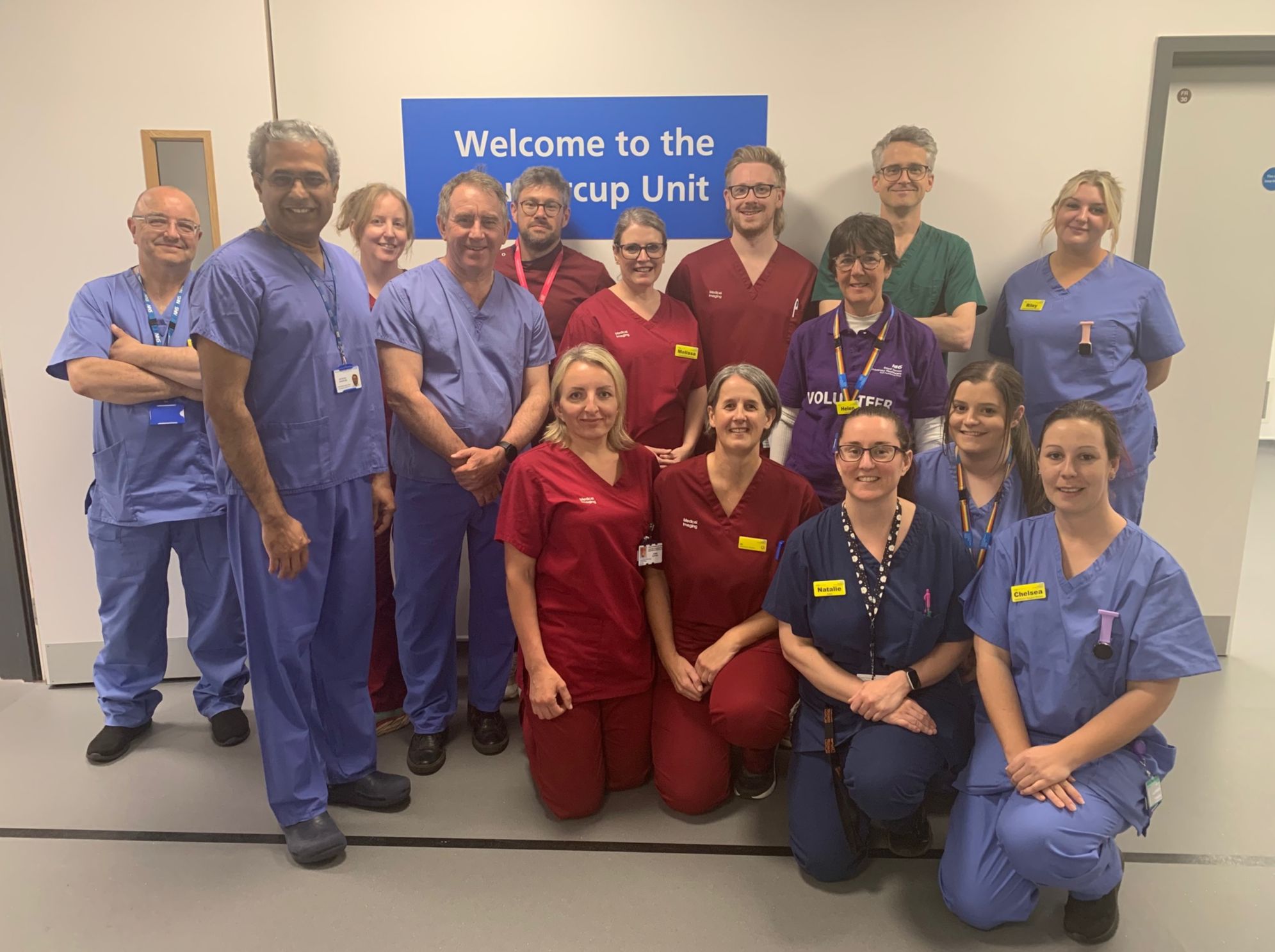The trust, in collaboration with Lucida Medical, is testing the effectiveness of the Prostate Intelligence (Pi) tool – an advanced AI and machine learning software system – in detecting prostate cancer lesions from MRI scans.
Dr Oliver Hulson, consultant radiologist at LTHT, said: ‘Our goal is to determine if this AI tool can accurately identify prostate cancer without underestimating or overestimating the likelihood based on MRI scans.
‘If successful, this could enable us to streamline our prostate cancer pathway and reduce the waiting time for a biopsy from the current two to three weeks to less than one week.'
Dr Hulson added: 'The aim would be to provide our patients with a rapid diagnostic approach, or ‘one stop shop' where they could potentially have their MRI scan in the morning, reviewed by the radiologist with the benefit of the AI tool, and if needed, plan for their biopsy that afternoon, performing all their investigations in a single day, rather than over weeks as is the case currently.'
The ongoing study will compare the AI-generated results from the Pi software against real-world outcomes for 100 patients who have recently completed the prostate cancer pathway. The Pi software assists radiologists by highlighting potential areas of concern on MRI scans and assessing risk scores and prostate size, which can impact biopsy and treatment decisions.
Pi does this by using AI algorithms to analyse prostate MRI images. It has been trained to spot the signatures of cancer using MRI and biopsy data from patients in the Netherlands and UK. In clinical use, Pi would be set up to run automatically as soon as a patient's MRI scan is completed, so that the AI outputs are available when the clinical team reviews it.



